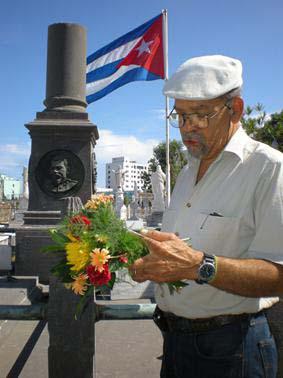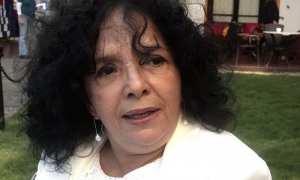
The renowned writer Serafín Quiñones (Tato), known for his contribution to the study and promotion of African legacy in Cuban culture, died in Havana this Sunday, at the age of 77.
One of his most recent works was Afrodescendencias (Editorial Aurelia, 2017), including texts of various kinds, written over time, addressing both historical and current perspectives on racial conflict on the island, as well as links between memory and orality, slavery’s mark and popular religiosity.
Another of his titles had a significant impact in the cultural arena, given its rigor and novelty: Asere, NúncueItiá, Ecobio Enyene Abacuá: Documents and notes for a history of Abacuá brotherhoods in the city of Havana, published by the José Martí house, and presented during the 2015 International Book Fair of Havana.
For several years Tato worked on audiovisual productions at Mundo Latino, writing scripts for the films Quién Baila Aquí (la rumba sin lentejuelas), Ashé Moyuba Orisha (about Cuban Santeria), Nganga Kiyangala (about Congolese religion in Cuba) and the documentary series Lukumí, addressing the presence and influence of Yoruban culture in Cuba.
A member of the Union of Cuban Writers and Artists (UNEAC), the Yoruba Cultural Association of Cuba and the IfáÍránlówo cabildo, he became known early on as a storyteller when his collection of short stories Al final del terraplén el sol (1971) was recognized in UNEAC's David contest.






